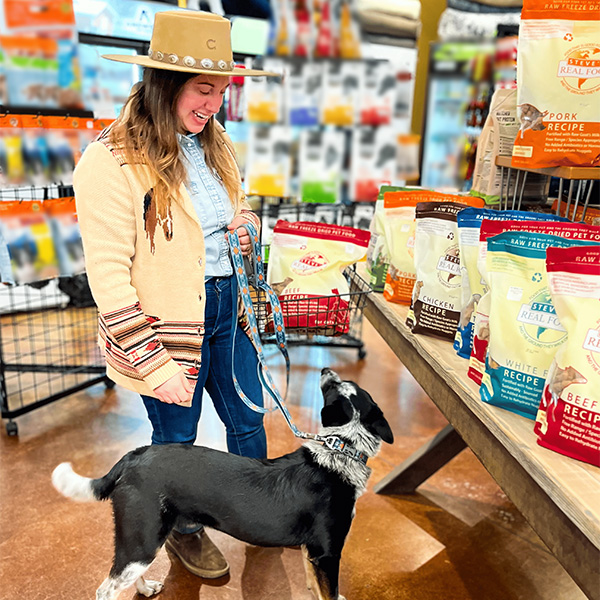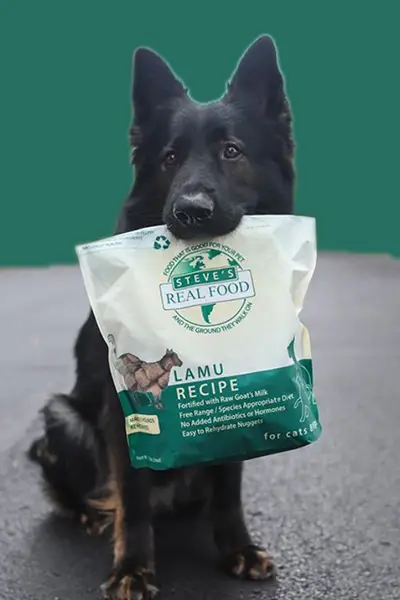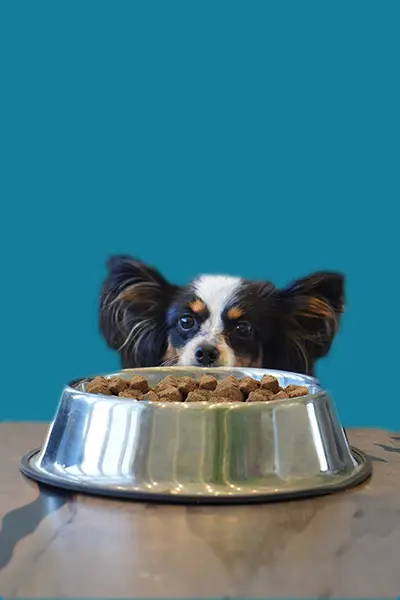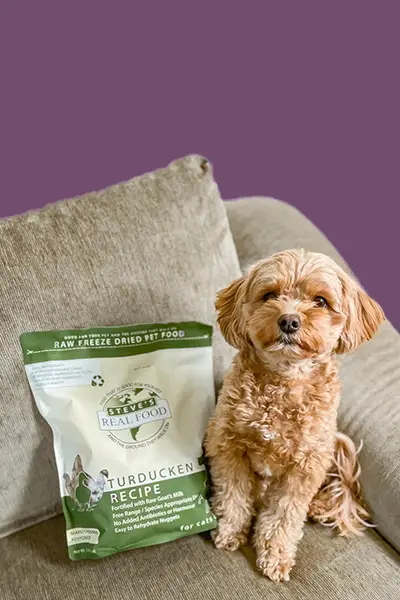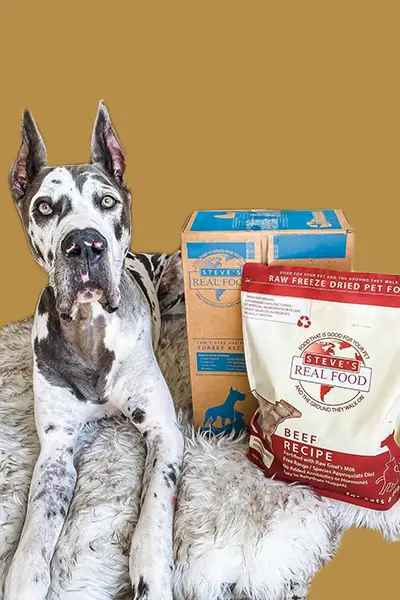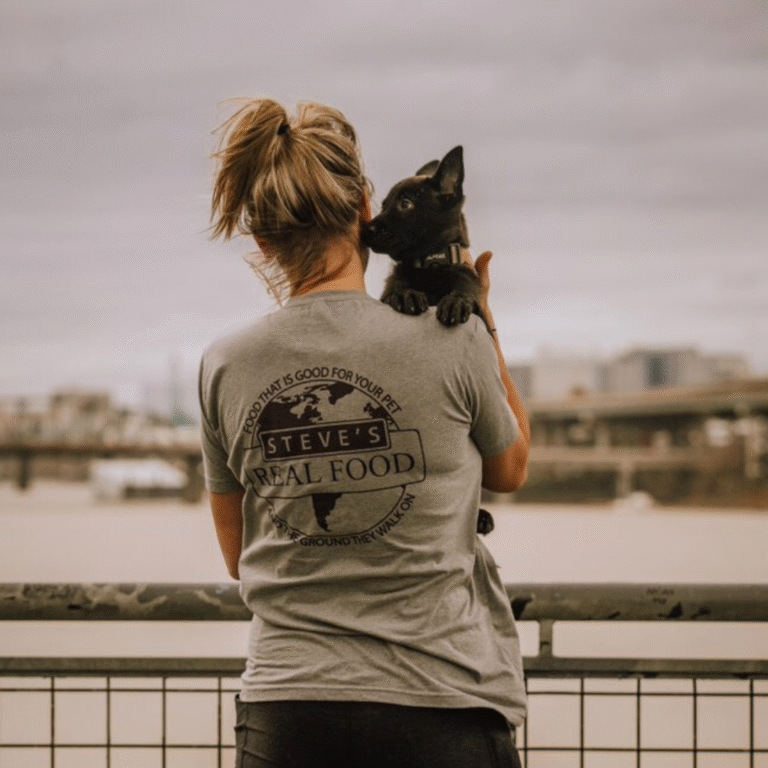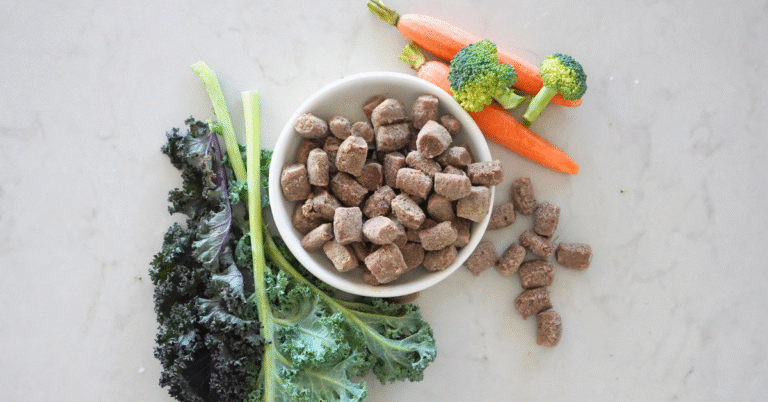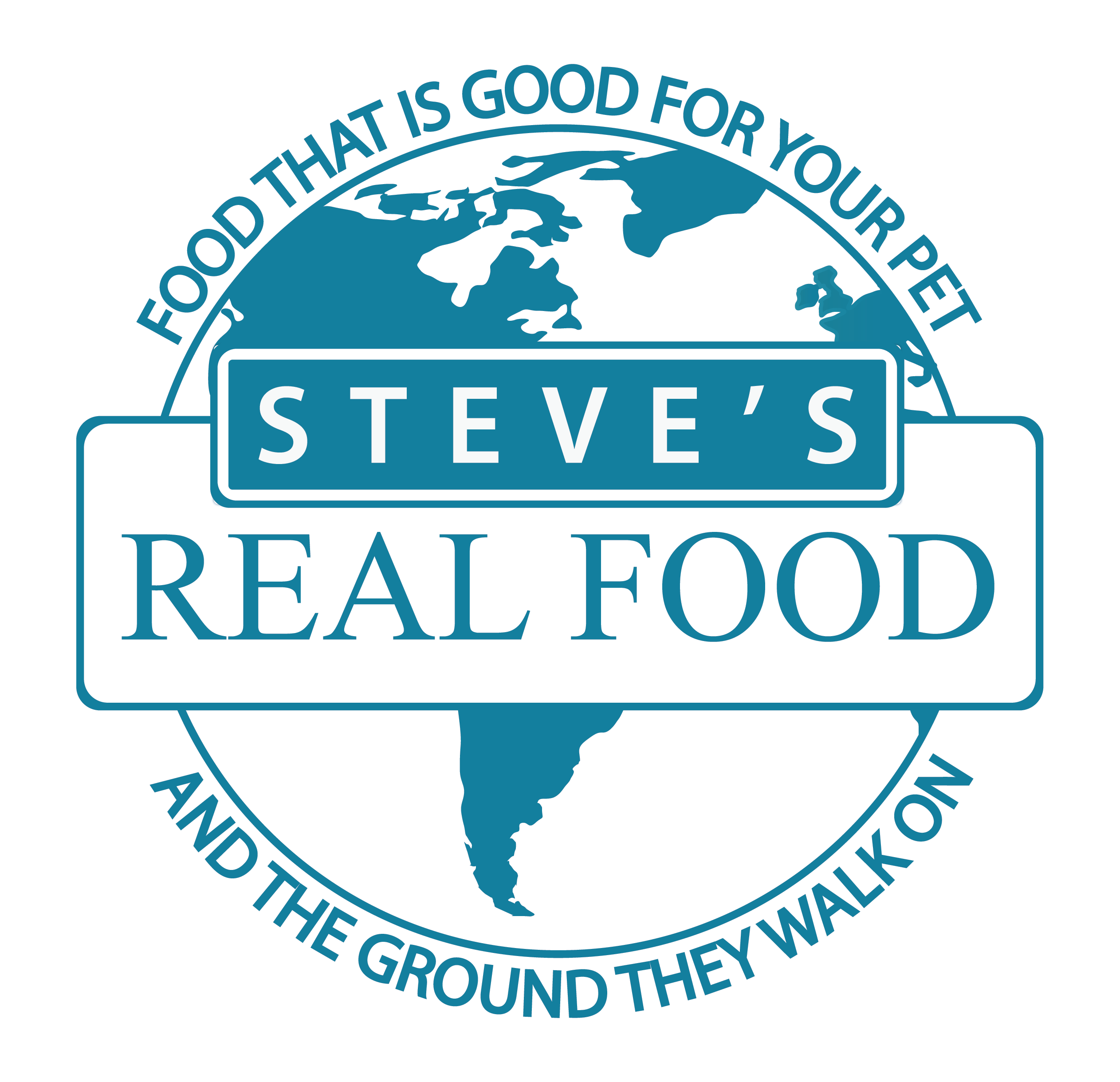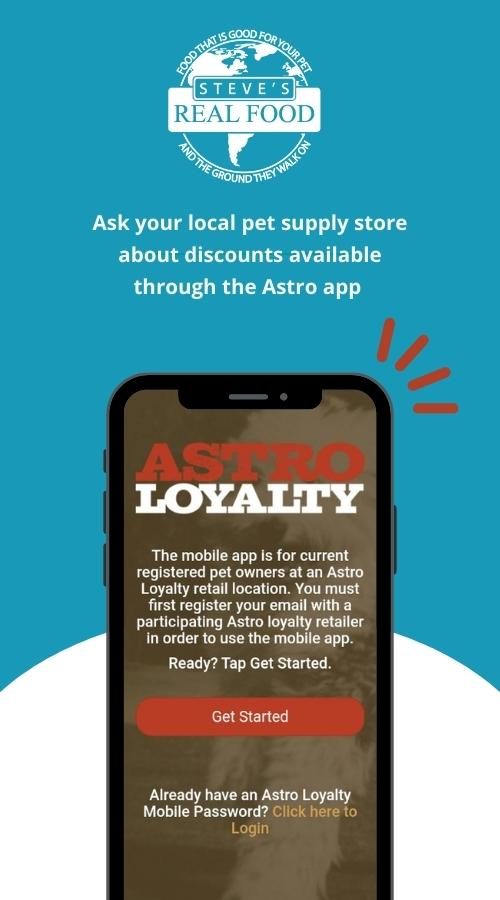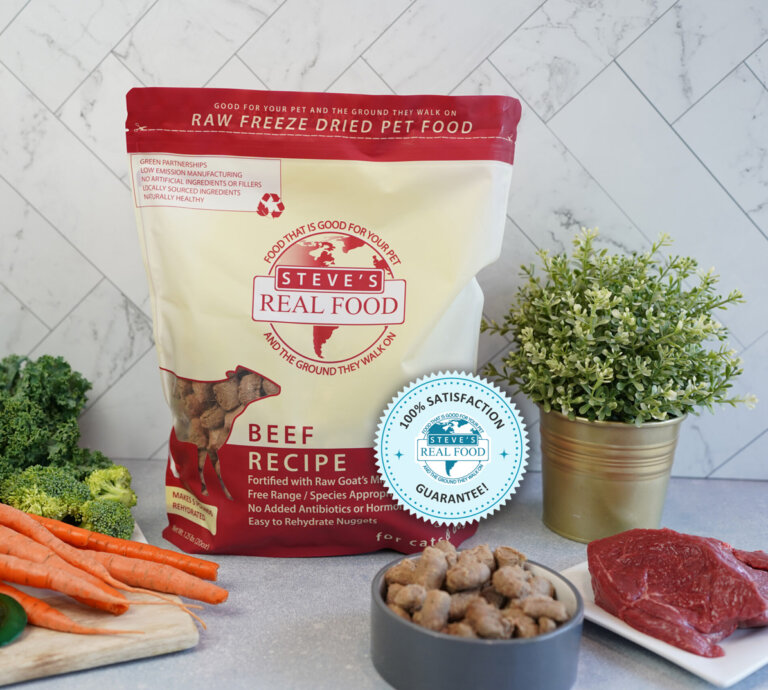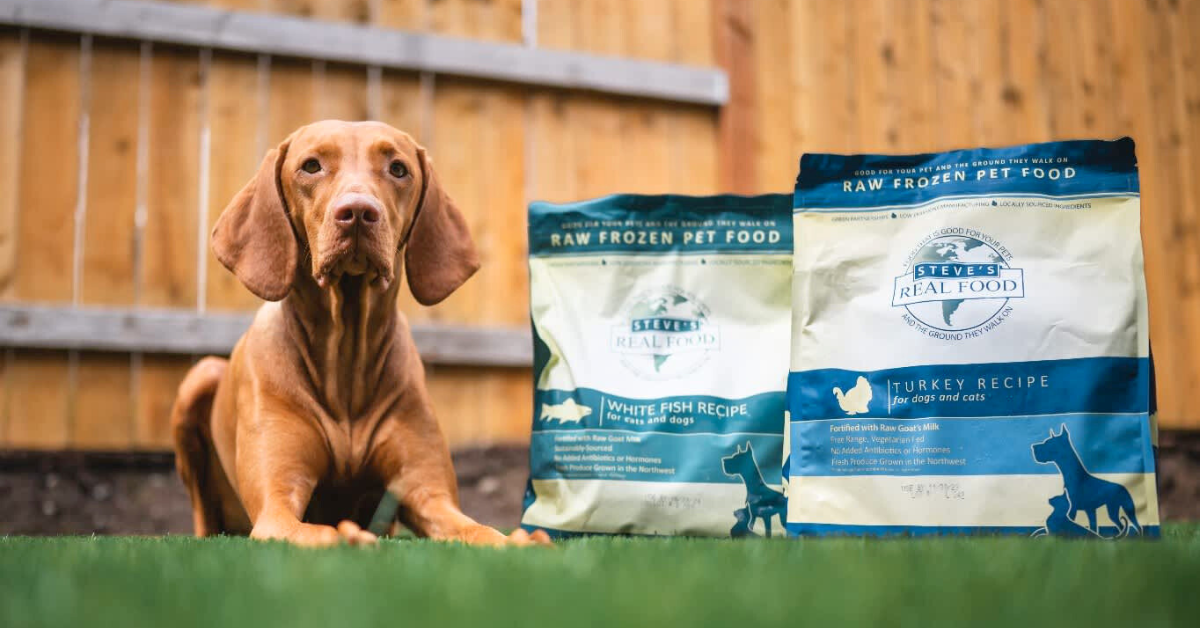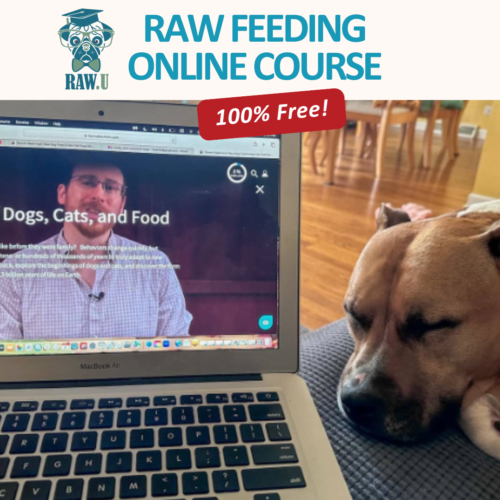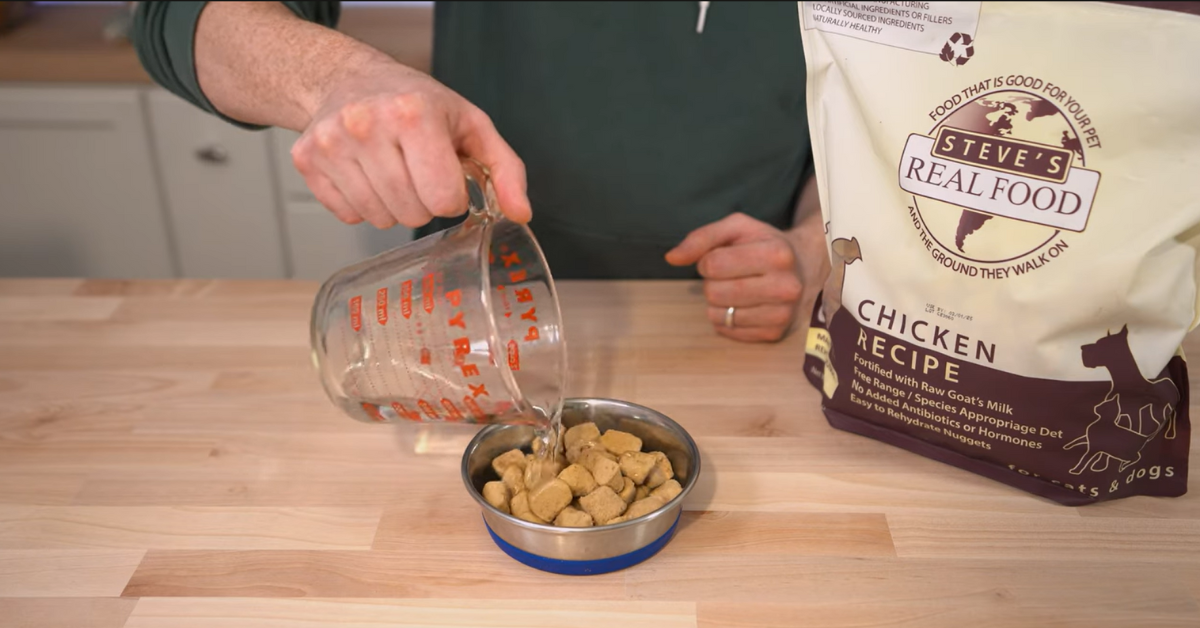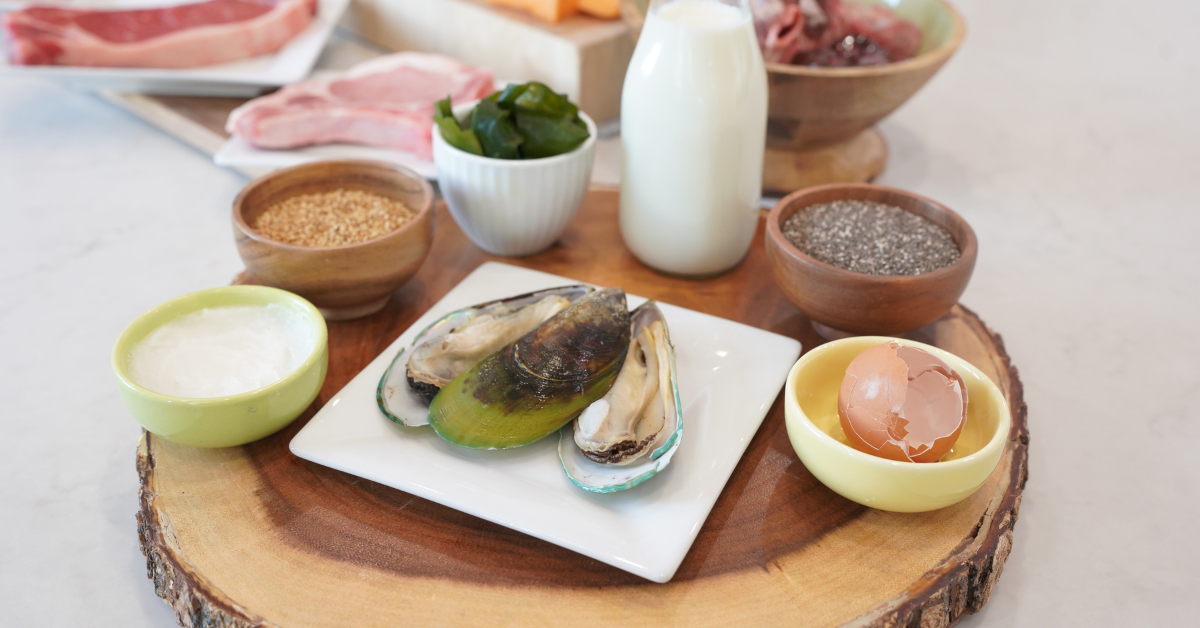The heart is the engine that keeps your pet thriving, pumping blood and delivering oxygen throughout their body. In a dog’s lifetime, it can beat over a billion times. And nutrition plays a massive role in keeping their hearts healthy.
Many popular pet foods contain excessive fillers, heavily processed grains, and artificial ingredients that do not support heart health. So, what does a heart-healthy diet look like? It begins with fresh, whole foods, just as nature intended.
A raw diet naturally supports heart health by providing the following:
- High-quality animal protein from real meat supports strong muscles, including the heart.
- Natural sources of taurine which helps regulate heart rhythm and function.
- Essential fatty acids from raw meats and fish reduce inflammation and support cardiovascular health.
- Bioavailable vitamins and minerals (like CoQ10 and B vitamins) help keep the heart working efficiently.
Taurine: A Vital Nutrient for Heart Health
Taurine for Dogs
Taurine is an amino acid critical for heart function. While most dogs can synthesize their own taurine, some breeds—such as Golden Retrievers and Cocker Spaniels—are more prone to taurine deficiency, which has been linked to Dilated Cardiomyopathy (DCM) in dogs.
Taurine is naturally abundant in muscle meat, especially heart, muscle, and organs—all key ingredients in Steve’s Real Food recipes. Since raw food isn’t exposed to the high-heat processing that can destroy taurine, it remains in its natural form, giving your pets what they need without adding synthetic supplements.
Symptoms of Taurine Deficiency in Dogs
- Blood in the urine
- Pain with urinating
- Muscle weakness/lethargy
- Excessive panting without exercising
- Abdominal pain
- Impaired vision
If you suspect your pet may have a health issue, including taurine deficiency or heart disease, consult your veterinarian as soon as possible for a proper diagnosis and treatment plan.
Taurine for Cats
Unlike dogs, cats must fulfill all their taurine requirements through food because their bodies cannot produce it. Because of the high-heat processing, many commercial cat foods must add synthetic taurine to meet those requirements. With a balanced raw food diet, you don’t have to worry about the lack of this essential nutrient—fresh, raw meat supplies taurine in its most bioavailable form. Our Quest line was specially formulated with cats in mind. It contains bioavailable taurine-rich ingredients like muscle meat, heart, and organs, ensuring your cat gets the essential nutrients for optimal heart health. We have also supplemented with additional taurine naturally sourced from shellfish.
Symptoms of Taurine Deficiency in Cats
- Weight loss
- Muscle weakness/lethargy
- Impaired vision
- Digestive issues
- Panting without excessive exercise
- Reproductive issues
If you suspect your pet may have a health issue, including taurine deficiency or heart disease, consult your veterinarian as soon as possible for a proper diagnosis and treatment plan.
What Happens If a Cat Doesn't Have Taurine?
A taurine deficiency can lead to severe health problems. Since cats cannot produce taurine on their own, they must get it from their diet. Without enough taurine, cats can develop:
- Dilated Cardiomyopathy (DCM): A serious heart condition that weakens the heart muscle, eventually leading to heart failure.
- Retinal Degeneration: Taurine deficiency can cause irreversible damage to a cat’s eyes, leading to vision loss or blindness.
- Reproductive Issues: Pregnant cats lacking taurine may have complications, and kittens may suffer developmental problems.
- Compromised Immune System: Taurine supports overall immune function, and a deficiency can make cats more susceptible to illness.
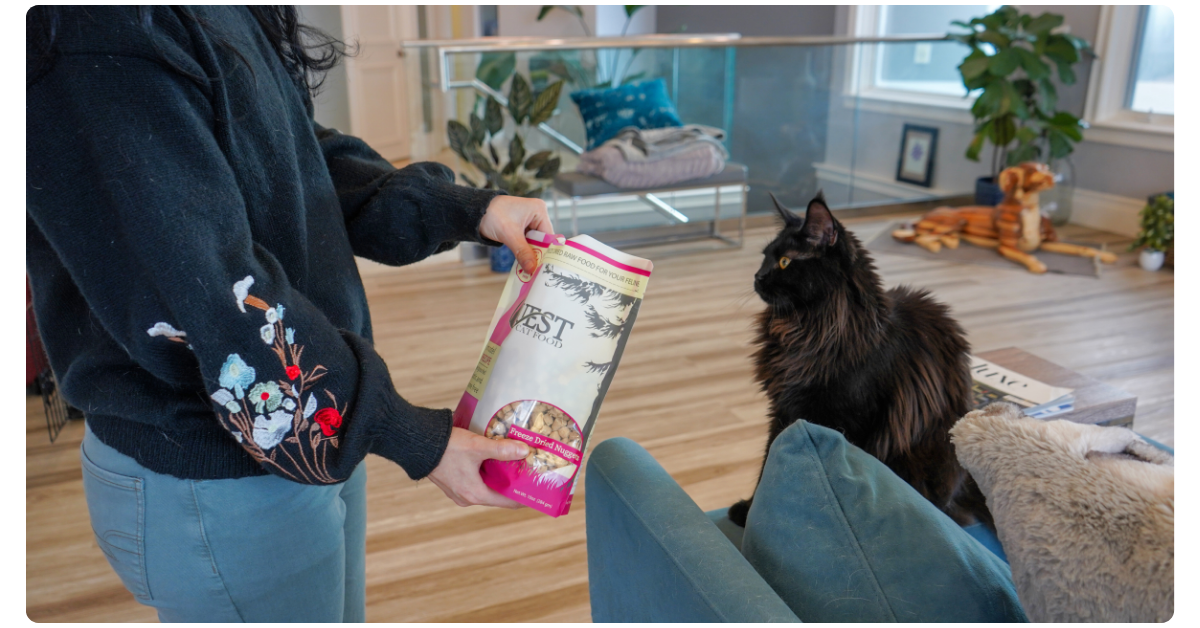
Other Heart-Healthy Nutrients in Raw Food
Taurine isn’t the only nutrient that matters for heart health. A well-balanced raw diet provides other key nutrients that work together to support your pet’s cardiovascular system:
- Omega-3 Fatty Acids – Found in fish, salmon, and pasture-raised meats, omega-3s help reduce inflammation and support healthy blood vessels.
- Antioxidants – Fresh fruits and vegetables in raw diets provide natural antioxidants that protect the heart from oxidative stress.
- L-Carnitine – Red meat and organs contain L-Carnitine, which aids in converting fat into energy.
By feeding fresh, whole foods instead of, or at least in addition to, heavily processed meals, you ensure your dogs and cats get the nutrients they need to support their cardiovascular system.
Why Maintaining a Healthy Weight Matters
Heart health involves more than just diet; keeping a healthy weight is extremely important. Obesity puts extra strain on the heart, increasing the risk of heart disease and other severe health conditions in pets.
Many commercial pet foods are packed with carbohydrates and fillers that can lead to unnecessary weight gain. On the other hand, a raw diet is naturally low in carbs and high in protein, making it easier for pets to maintain a lean, healthy body.
What This Means for Your Pet
Switching to a raw diet can be a game-changer in supporting heart health. While genetics play a role, especially in breeds predisposed to heart disease, raw food sets the foundation for a long, healthy life by providing natural sources of taurine for dogs and cats, avoiding unnecessary fillers, and incorporating heart-supportive nutrients.
Give Your Pet the Best
At Steve’s Real Food, we believe every pet deserves fresh, wholesome nutrition. If you’re ready to give your dog or cat a diet that naturally supports their heart, browse our raw pet food options today. Find a store near you using our Store Locator today! Or order online at RawPetFood.com.
Learn more about pet food nutrition and raw feeding at Raw.U!
 Beef
Beef Chicken
Chicken Whitefish
Whitefish Pork
Pork Lamb
Lamb Turkey
Turkey Turducken
Turducken All Protein
All Protein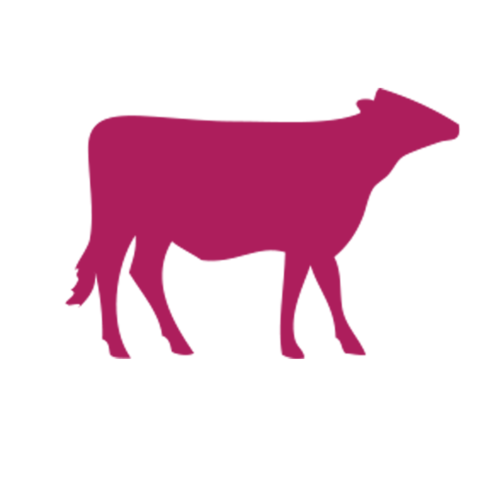 Beef
Beef Chicken
Chicken White Fish
White Fish Pork
Pork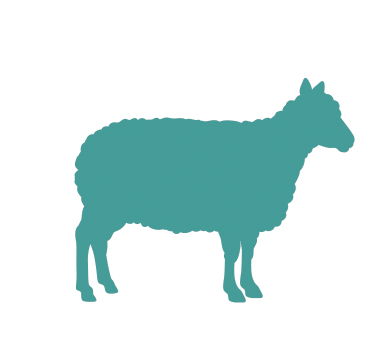 Lamb
Lamb Turkey
Turkey Duck
Duck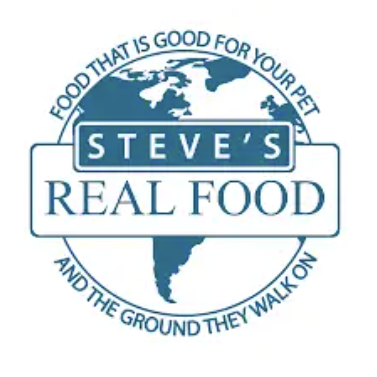 All Products
All Products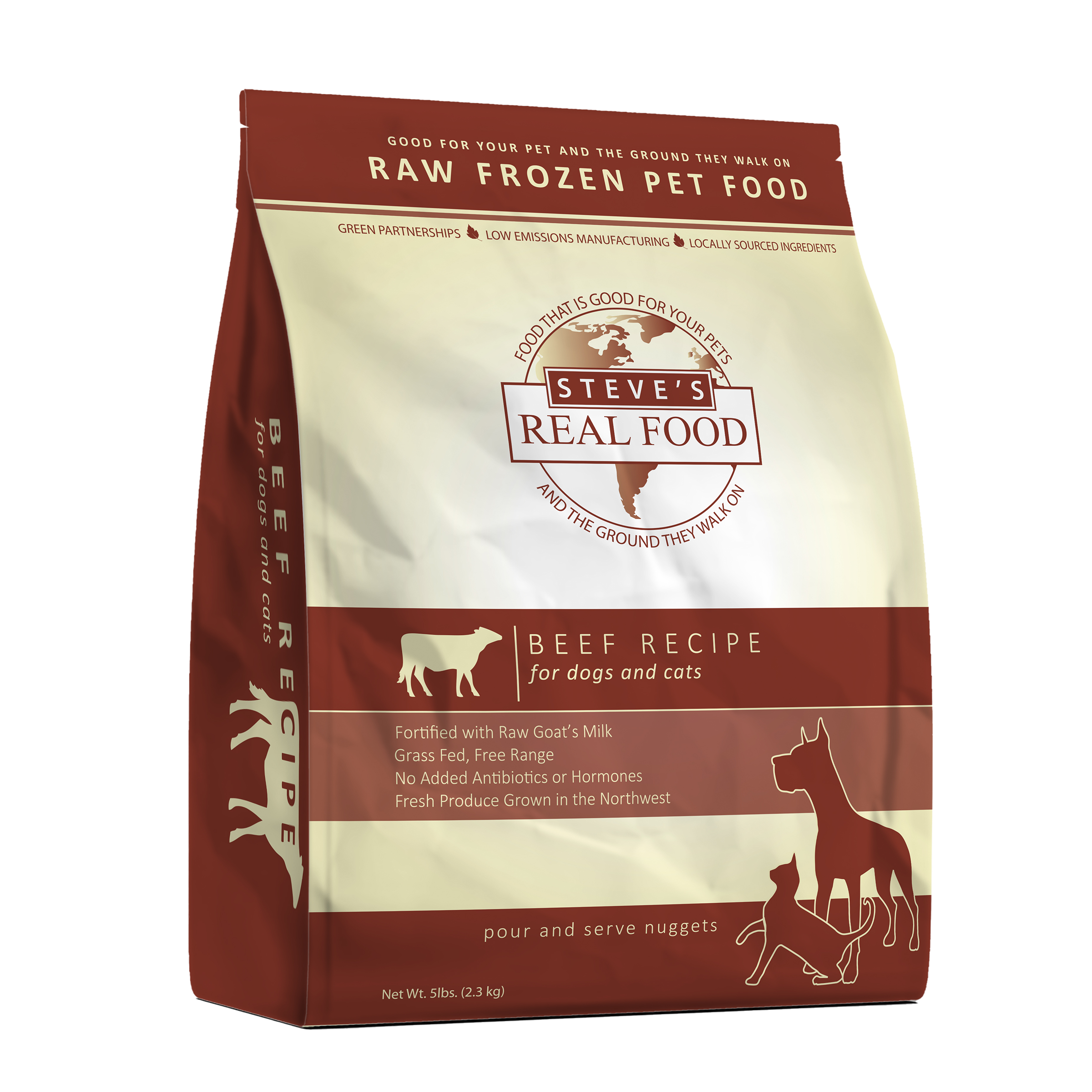 Frozen Raw Pet Food
Frozen Raw Pet Food
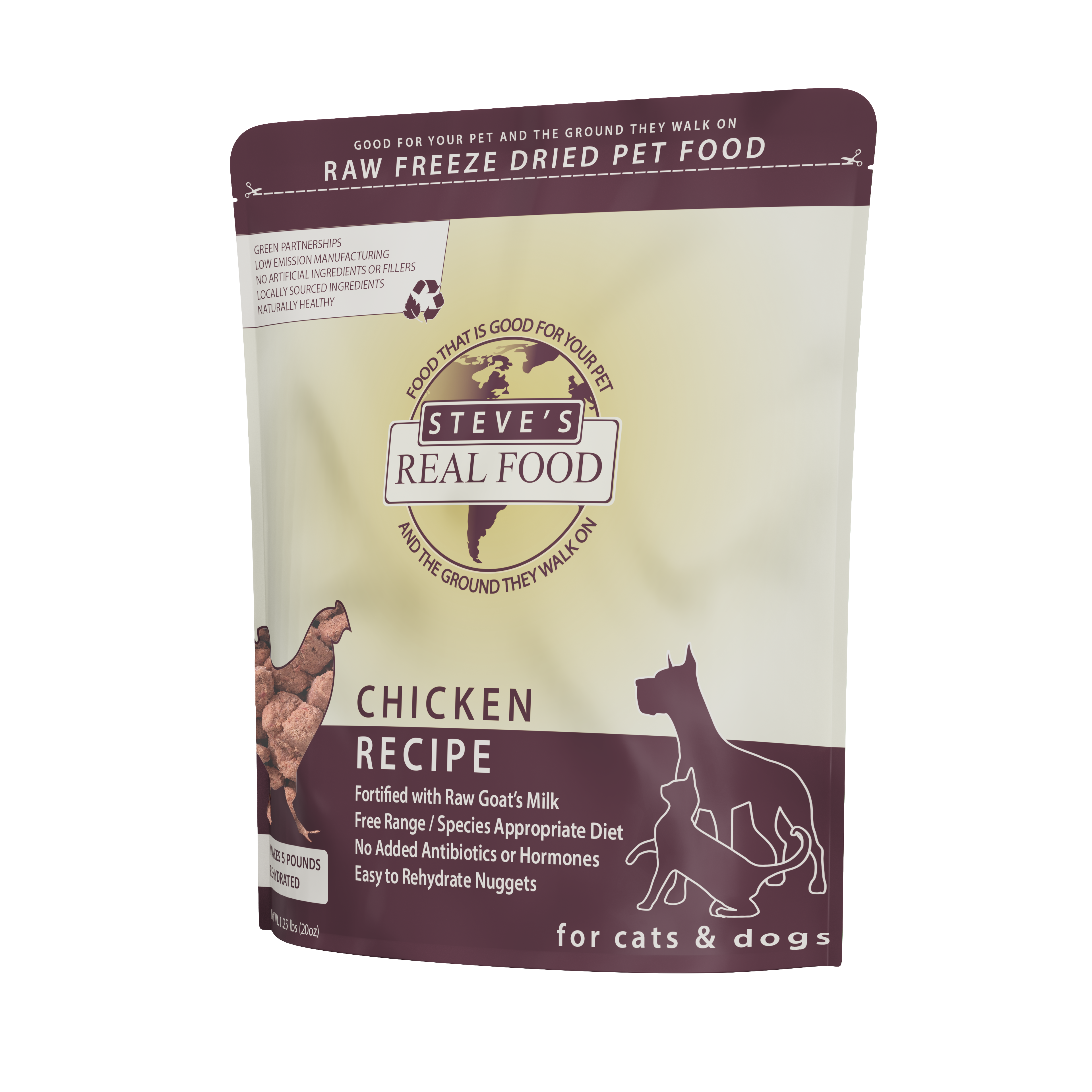 Freeze Dried Raw Pet Food
Freeze Dried Raw Pet Food
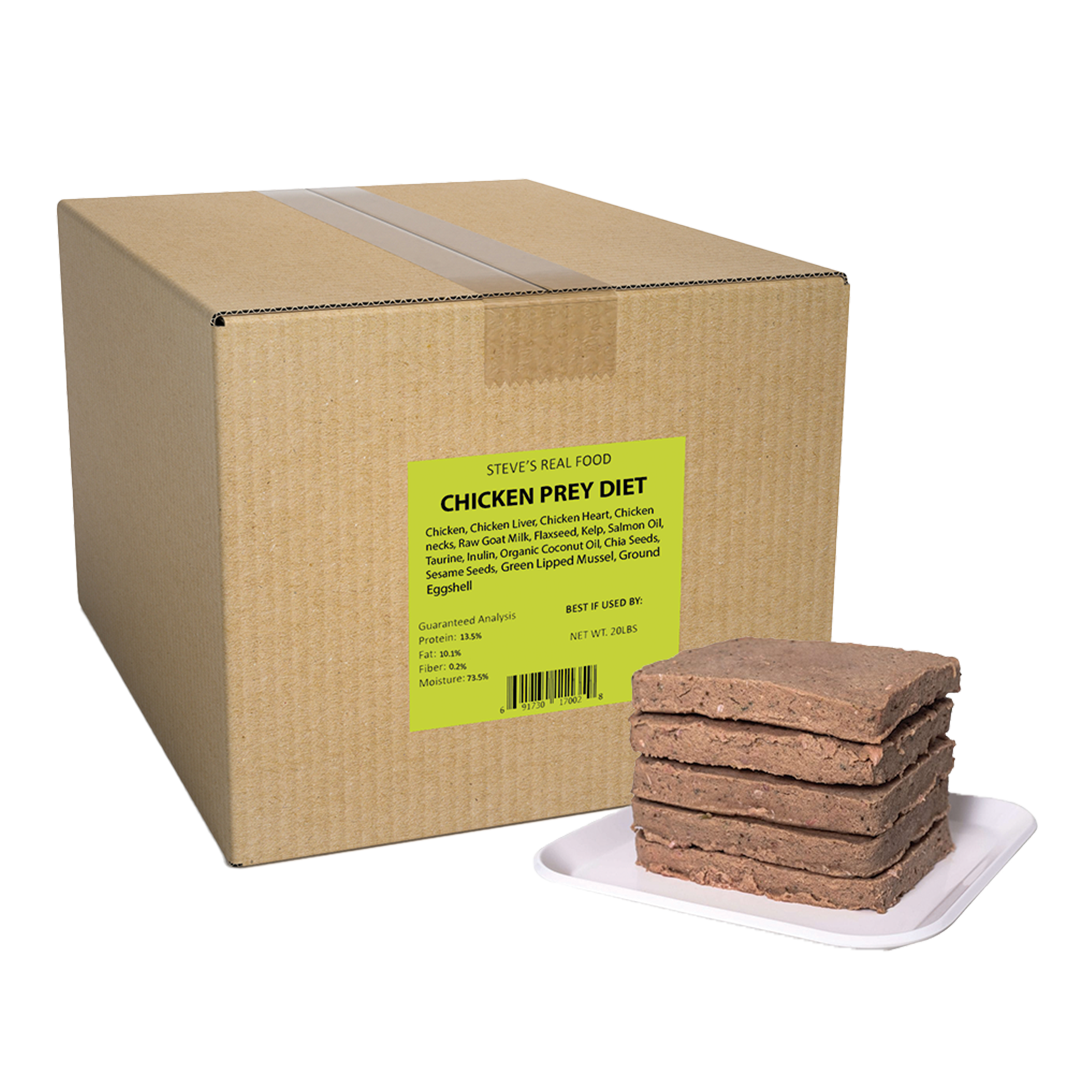 Frozen Prey Diet
Frozen Prey Diet
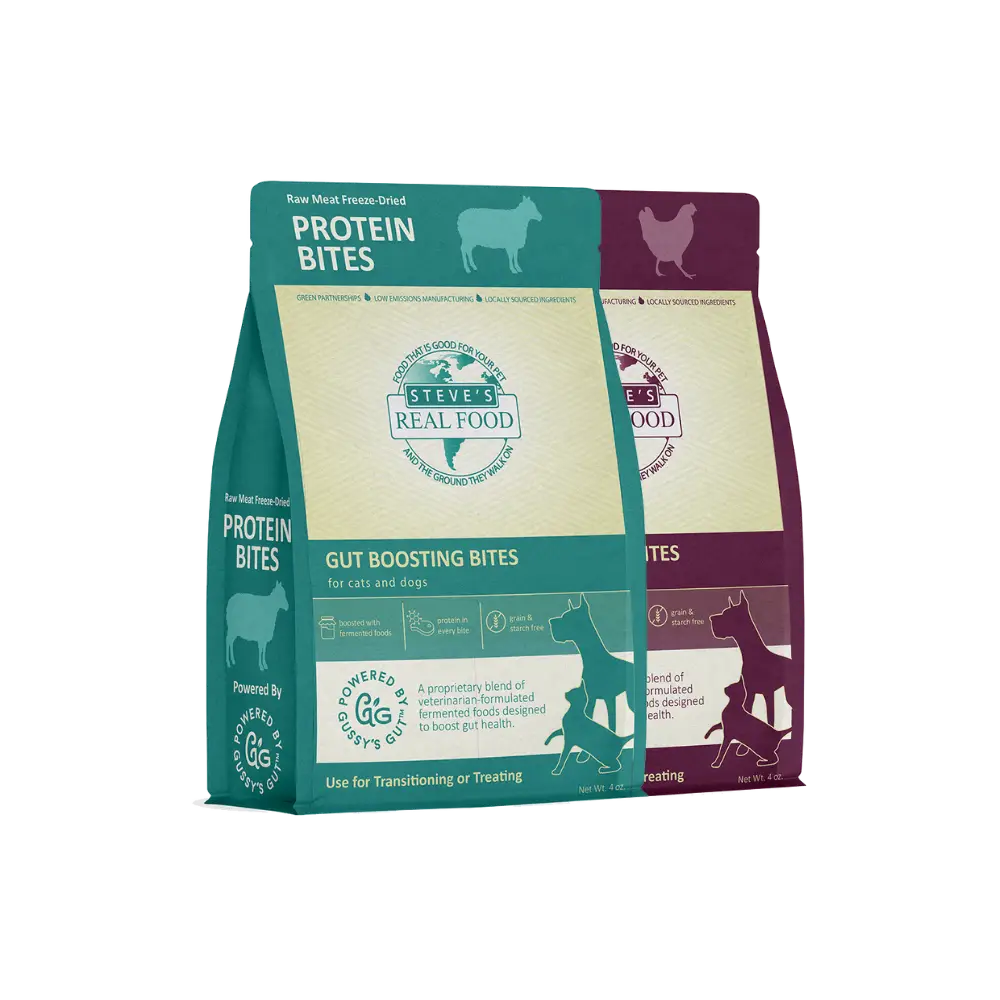 Freeze Dried Protein Bites
Freeze Dried Protein Bites
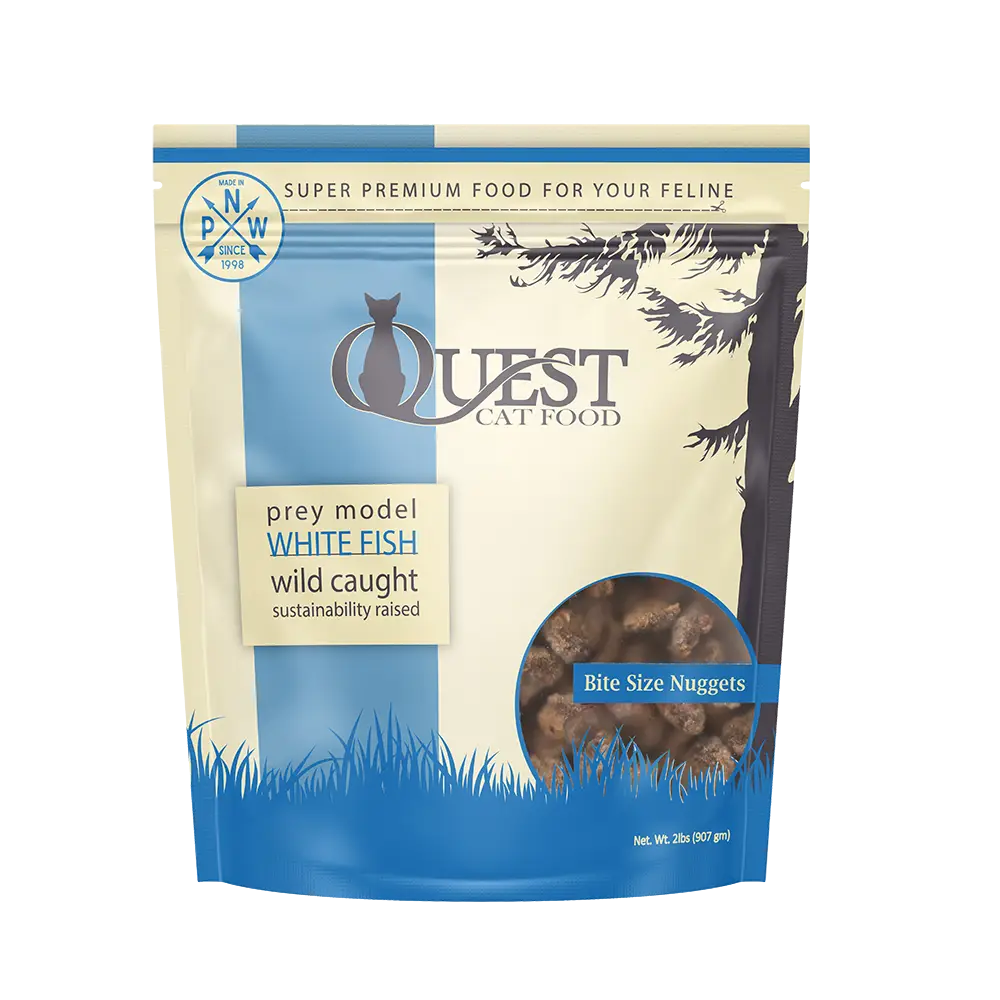 Frozen Quest
Frozen Quest
 Freeze Dried Quest
Freeze Dried Quest
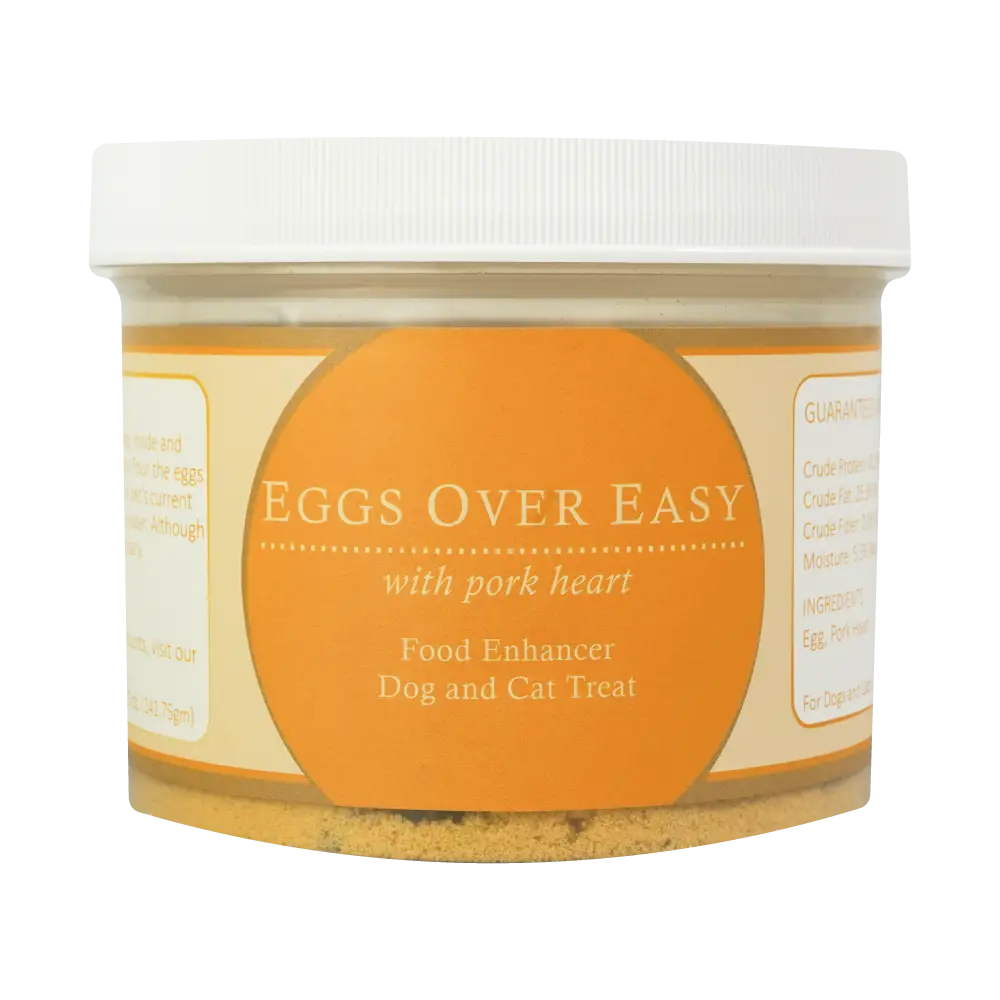 Eggs over Easy
Eggs over Easy
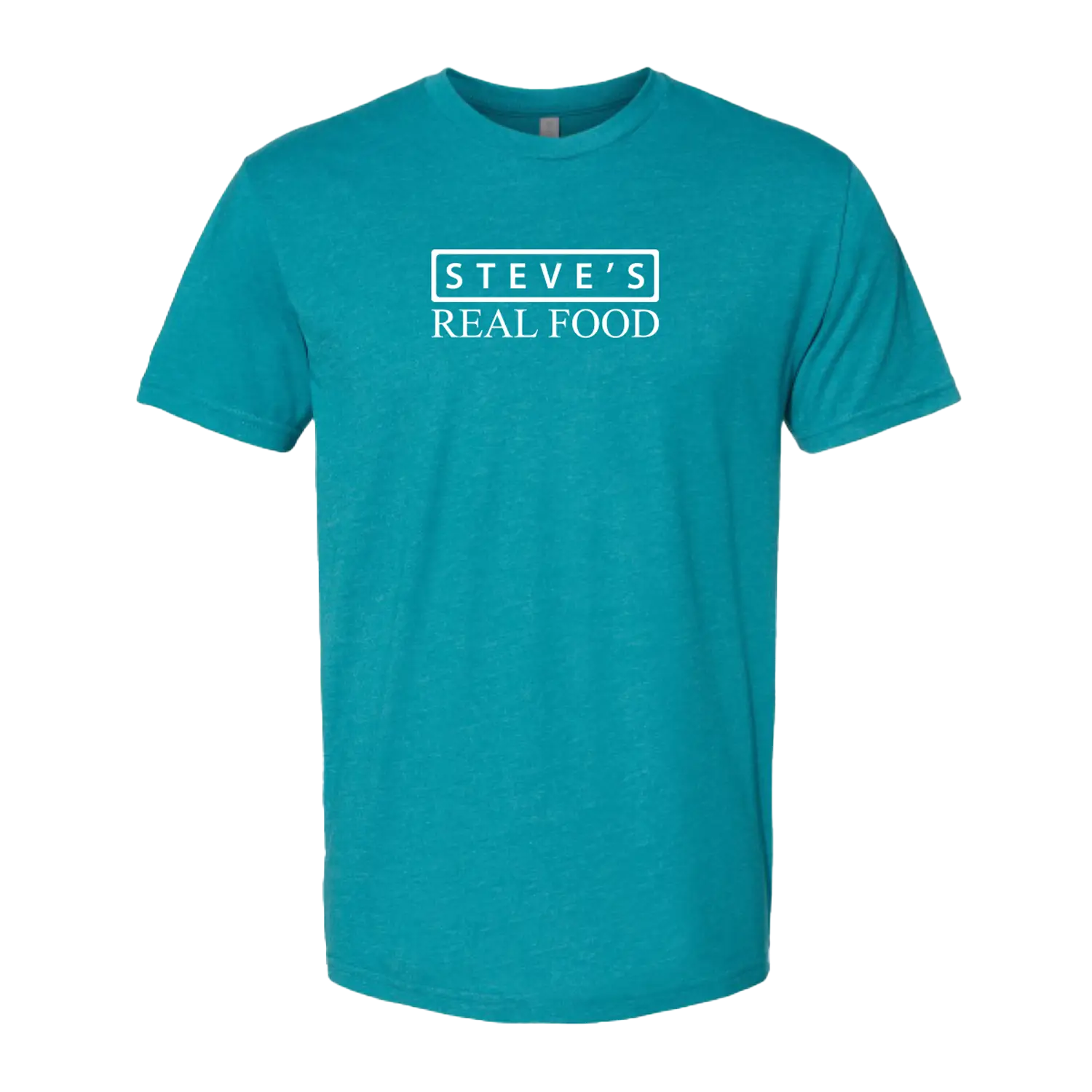 Steve's Merch
Steve's Merch 